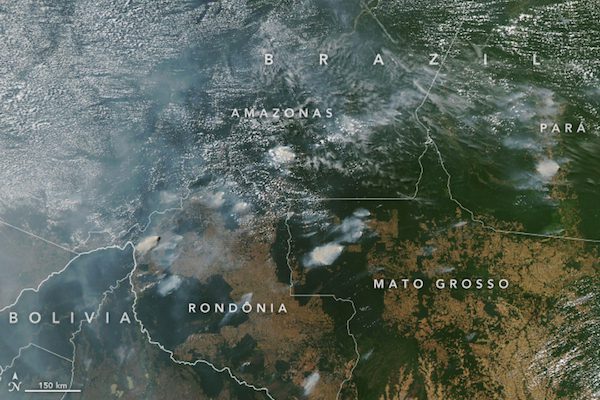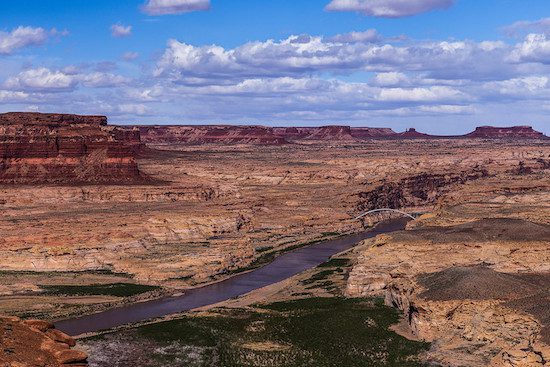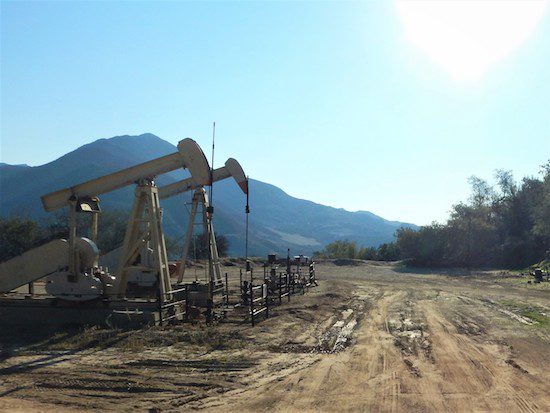


Mercy for Animals: The Amazon rainforest is burning. A cloud of smoke covered São Paulo, Brazil, shrouding the city in darkness for a day. What’s driving the rapid increase in fires? Experts point to the clearing of forest for farmland to raise cattle and grow soybeans to feed farmed animals. The Amazon is the largest rainforest in the world and helps buffer against global warming by absorbing carbon dioxide—2 billion tons of it per year, holding a total of around 150–200 billion tons of carbon. When they burn, trees and plants release stored carbon. Destroying large blocks of rainforest accelerates climate change by releasing massive amounts of carbon into the atmosphere. The entire world will feel the effects of these fires, and we are all culpable for the destruction they cause. The United States is Brazil’s third-largest export market. In response to the fires, lawmakers in Congress recently introduced H.R. 4263, the Act for the Amazon Act, federal legislation calling for a prohibition on importing certain Brazilian products from industries linked to the fires.
>>>Urge your representative to cosponsor H.R. 4263.
NRDC: Are you flushing Canada’s boreal forest, one of Earth’s greatest defenses against climate change, down the toilet? The majestic forest stores huge amounts of our climate-busting carbon pollution, but it’s being cut at a dizzying rate—much of it for toilet paper. Toilet paper brand Charmin uses absolutely no recycled paper in its toilet paper—just 100 percent virgin forest fiber from the boreal forest. This destroys its trees, hurts the livelihood of hundreds of Indigenous communities, and threatens the iconic boreal caribou, billions of songbirds, and other wildlife who call this ancient forest home.
>>>Tell Procter & Gamble to make Charmin planet-safe.
Compassion Over Killing: An undercover investigation at Cooke Aquaculture, an industrial Atlantic salmon hatchery in Bingham, Maine, that supplies to Martha Stewart’s new True North Seafood line, has revealed putrid conditions breeding disease and parasites, intensive crowding, and widespread cruelty to fish. The plight of fish often goes unseen and unheard, but this new exposé brings to light the dire lack of protection for millions of animals raised for food. Just as billions of land animals suffer inside factory farms, so too do farmed fish. And like land animals, fish have the ability to suffer and feel pain.
>>>Tell Martha Stewart to cut ties with Cooke Aquaculture.
Cause for concern…

- River flows across the globe are dropping (Eric Roston, Bloomberg)
- Trump threatens to veto first-ever congressional action on ‘forever chemicals’ (Michael Green, Truthout)
- Bureau of Land Management acting director William Perry Pendley says his positions on climate, immigrants don’t matter (Chris D’Angelo and Alexander C. Kaufman, HuffPost)
- Aging U.S. population could create pockets of climate vulnerability (International Institute for Applied Systems Analysis, ScienceDaily)
- The Gulf of Maine is warming, and its whales are disappearing (Lulu Garcia-Navarro, Peter Breslow and Avery Ellfeldt, NPR)
- Kroger, Costco face animal welfare and labor rights allegations (Lauren Stine, Grocery Dive)
- Meat industry sues California for animal protection ‘overreach’ (Jonathan Stempel, Reuters)
Round of applause…

- California Gov. Gavin Newsom signed a law to counter Trump’s plans to increase oil and gas production on protected public land (Associated Press)
- Warren puts communities of color at heart of environmental justice plan (Tanya A. Christian, Essence)
- Royal Shakespeare Company ends BP partnership after student protest (BBC News)
- China on track to meet emissions goals for 2020 (University College London, ScienceDaily)
- Pigs recorded using tools for the first time (Christine Dell’Amore, National Geographic)
- Why it’s better for your lawn—and the environment—to not rake your leaves (Ryan W. Miller, USA Today)
Parting thought…
“We are no better or more evolved than any other living being.” —Ricky Gervais